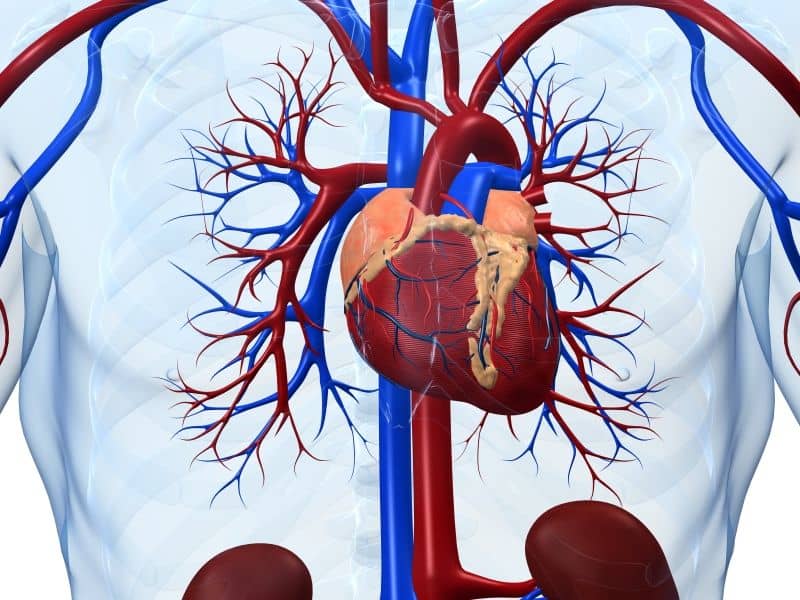Pulmonary arterial hypertension (PAH) is a group of diseases with an increase of pulmonary artery pressure (PAP) and pulmonary vascular resistance. Here, the effects of safflower injection, a preparation of Chinese herbs, was investigated in a monocrotaline (MCT)-induced PAH rat model. PAP, carotid artery pressure (CAP), and the right ventricular hypertrophy index (RVHI) increased in the PAH group, while safflower injection was able to inhibit this increase to similar levels as observed in the normal group. The arteriole wall of the lungs and cardiac muscle were thickened and edema was observed in the PAH group, while these pathologies were improved in the herb-treated group in a dose-dependent manner. MCT treatment induced proliferation of pulmonary artery smooth muscle cells (PASMCs), which was inhibited by safflower injection in a dose-dependent manner. Our experimental results demonstrated that safflower injection can regulate pulmonary arterial remodeling through affecting the expression of connective tissue growth factor, transforming growth factor-β, integrin, collagen or fibronectin, which subsequently affected the thicknesses of the arteriole walls of the lungs and cardiac muscle, and thereby benefits the control of PAH. This means safflower injection improved the abnormalities in PAP, CAP and RVHI, and pulmonary arterial remodeling through regulation of remodeling factors.© 2020 Walter de Gruyter GmbH, Berlin/Boston.
Safflower injection inhibits pulmonary arterial remodeling in a monocrotaline-induced pulmonary arterial hypertension rat model.


